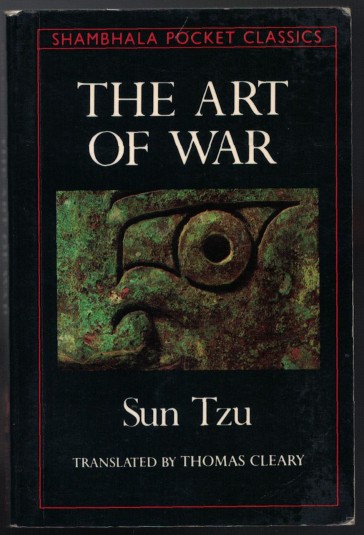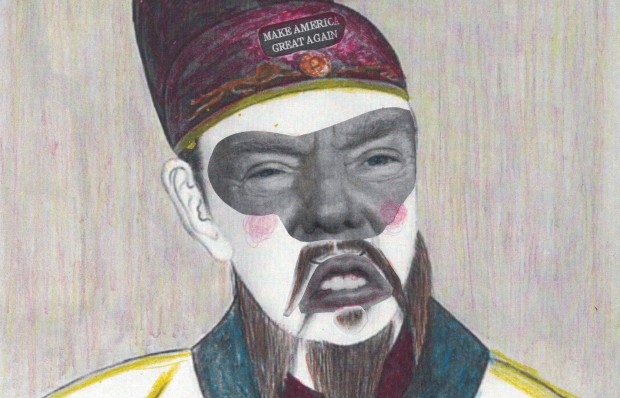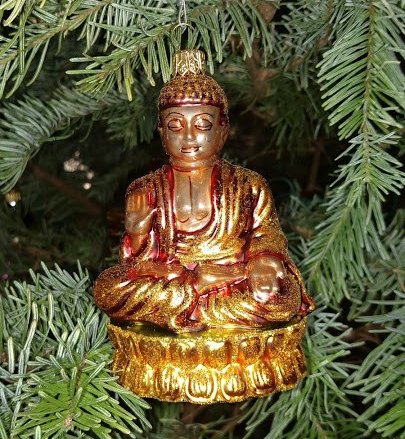This slideshow requires JavaScript.
On October 5th, 1989, the Nobel Peace-Prize winner was announced — his holiness, the Dalai Lama of Tibet.
That very night, I held a ticket to attend a lecture at UC Irvine, a lecture to be delivered by — his holiness, the Dalai Lama of Tibet.
During his talk, in response to a question from the audience, the Dalai Lama said something highly important.
“If Dalai Lama mad at China,” the Dalai Lama said, “China feel no pain. Only Dalai Lama feel pain. Dalai Lama no eat. Dalai Lama no sleep –“
Then, pausing momentarily to confer with his robed Tibetan translator, his holiness continued: “Dalai Lama feel up tight.”
 How does one manage to win a war, to defeat an enemy large or small, easily and without enduring casualties? How can one win a battle without ever setting foot on a battlefield? The answer to that is provided by ancient Chinese military strategist Sun Tzu. The first step is to read Sun Tzu’s short and simple masterpiece, The Art of War. Even better if you read the Thomas Cleary translation in English.
How does one manage to win a war, to defeat an enemy large or small, easily and without enduring casualties? How can one win a battle without ever setting foot on a battlefield? The answer to that is provided by ancient Chinese military strategist Sun Tzu. The first step is to read Sun Tzu’s short and simple masterpiece, The Art of War. Even better if you read the Thomas Cleary translation in English.

 From ancient China to modern-day San Francisco, here’s wishing everyone a very Buddha Christmas… May all our hopes and dreams appear as simply as our breath, and may we all keep breathing…
From ancient China to modern-day San Francisco, here’s wishing everyone a very Buddha Christmas… May all our hopes and dreams appear as simply as our breath, and may we all keep breathing…
 Modern-day China must look back at its ancient past and find itself grinning at its potential future fate.
Modern-day China must look back at its ancient past and find itself grinning at its potential future fate.